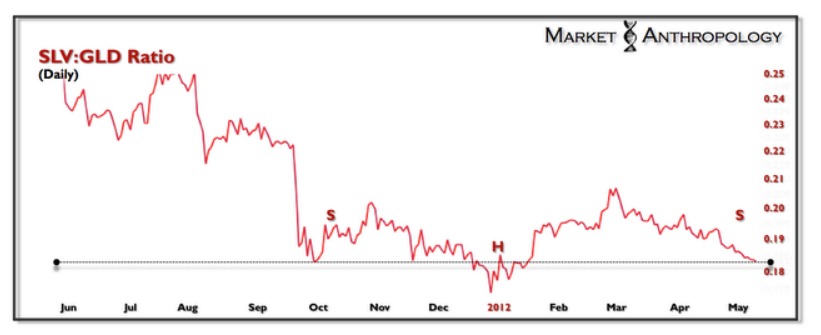 Tim Harford produced a brilliant one-scene dialogue between a father edifying his son on the eternal, universal power of compound interest and his confused offspring, seeking in vain the interest necessary to apply the principle. Excerpt:
Tim Harford produced a brilliant one-scene dialogue between a father edifying his son on the eternal, universal power of compound interest and his confused offspring, seeking in vain the interest necessary to apply the principle. Excerpt:
“I learnt about Albert Einstein.”
“Aha! A fascinating fellow. And an economist, too, in a strange way. Einstein once declared the most powerful force in the universe was compound interest.”
“Really, Dad? Ms Cartwright said that was the strong nuclear force… I suppose I should find myself a bank account paying 10 per cent interest, then. Which one would you suggest, Dad?”
[There is a pause. Father rummages around on his desk, with no apparent aim.]
“It sounds to me that we should find a savings account that pays 10 per cent after tax and inflation, in order to take full advantage of the most powerful force in the universe.”
[Another pause. The aimless rummaging begins again.]
“Dad, we need a savings account paying more than 25 per cent interest. Is there one?”
“Not at the moment, dear.”
Indeed, with this extended, near zero-yield environment in sovereign debt – and Fed Futures indicating no likelihood of tightening in the U.S. until around April, 2012 – even those who want to follow an iron-clad investment principle like compound interest have a very hard time producing the meaningful return it requires without taking on significant risk.
One place you might consider looking: Covestor’s high yielding models.
Sources:
“What would Einstein make of bonds?” Tim Harford, 5/28/11 http://timharford.com/2011/05/what-would-einstein-make-of-bonds
“BOE Signals Rate Move in Q3, Fed’s Move Expected in April 2012” Dave Kansas, MarketBeat, Wall Street Journal, 5/11/11 https://blogs.wsj.com/marketbeat/2011/05/11/boe-signals-rate-move-in-q3-feds-move-expected-in-april-2012/
Photo: Ferdinand Schmutzer




